The views expressed in our content reflect individual perspectives and do not represent the authoritative views of the Baha'i Faith.
“What’s the largest obstacle to success here at Barli?” I ask, and Tahera exchanges a glance with Yogesh, before she speaks, “The deepest poverty women in India face,” she says, “is spiritual.”
There are three classes of female poor in India: the urban, the rural and the tribal. The women in all these categories suffer, but the largest obstacle is the one inside the heart of all women: the belief that they are a burden on society. The birth of a girl in India, regardless of her caste, can be like a funeral. It can be considered a shame on the family—a liability.
“But not here at Barli,” I say.
“No,” Tahera says. “Here it is different. But it isn’t easy.”
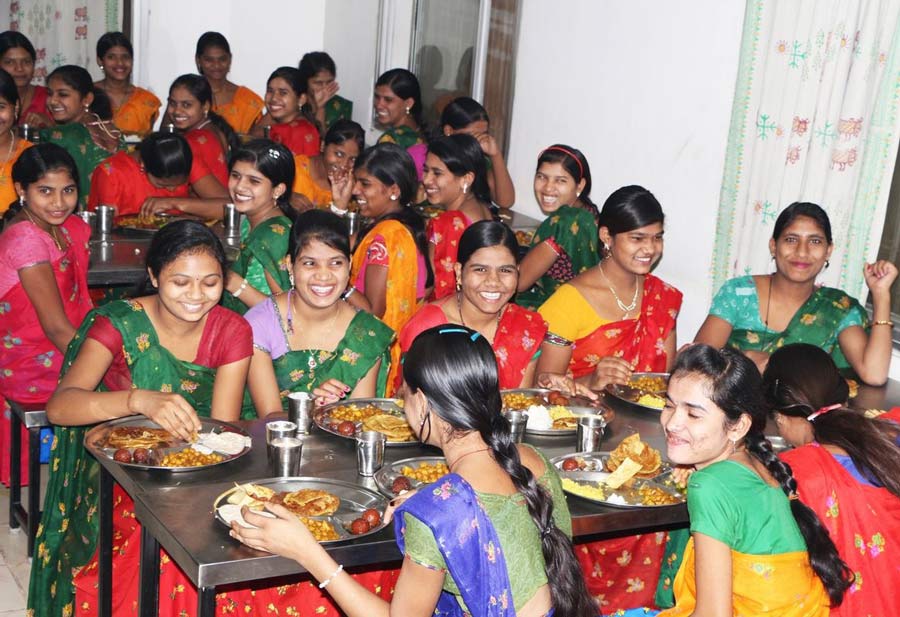
One of the most challenging parts of the training at Barli (www.barli.org), according to both Tahera and Yogesh, is for the girls to become accustomed to difference, to tolerate sitting or sleeping next to someone of a different tribe, to eat food and share water and dishes from the same kitchen, and especially to share opinions with someone who doesn’t necessarily agree with their own. According to Tahera, the extreme difficulty of this process becomes one of the parts of the training the girls love the most—learning that they are all equal parts of one whole. One family. One human race:
We must now highly resolve to arise and lay hold of all those instrumentalities that promote the peace and well-being and happiness, the knowledge, culture and industry, the dignity, value and station, of the entire human race. – Abdu’l-Baha, The Secret of Divine Civilization, p. 4.
“They have struggled so much,” Tahera says, “yet most of the time you will hear them laughing, encouraging each other. You can sense it, yes?”
I look at the bright, effusive young girls, talking as they work shoulder to shoulder, walking side by side, carrying handmade baskets on their heads, piled to overflowing with food they have grown themselves; and I have to agree. I feel bowled over by something else I notice about them, too. Something I don’t often feel so profoundly and in such high doses: Joy.
“This group in the field is cultivating onions and the eggplant right now,” Yogesh explains, “as part of their service.”
Daily farm work is an integral part of the program and one of Barli’s central components. The girls are placed in ever-changing work teams, carefully selected to bring together and integrate diverse ethnicities and castes in order to promote the Baha’i ideal of unity.
The largest masterpiece however, we see just before breakfast. Nestled beside the Jadhav home in a grove of avocado trees is a large medicinal garden that can heal everything from a bladder infection to dengue fever. Walter is fascinated with one of the plants called Touch-Me-Not that closes up as soon as he presses it with his fingertips.

“It is a shy plant,” Yogesh tells him. “But it can cure kidney failure.”
Fascinated by this, Walter eagerly locates Touch-Me-Nots everywhere we travel for the rest of the trip. He even finds it in Agra, tucked away in the massive gardens outside the Taj Mahal.
After breakfast, stuffed with homemade dal and dosas, we spend the better part of three hours touring the campus, discovering everywhere we go, a completely integrated learning environment, where wholehearted living and training are inseparable.
Fresh vegetable stews made of carrots, beets, radishes, turnips, cauliflower and cabbage, burble on the solar-powered burners in the open-air kitchens, along with a rainbow of indigenous beans and gourds. Piles of fragrant chilies, turmeric, fenugreek and coriander, which the girls are taught how to preserve, line the walls of the pantry shelves, alongside jars and jars of mango garlic and lemon pickles made from the surplus.
On every square inch of the property, traditional agrarian practices mix with state-of-the-art green farming techniques, to fulfill the daily needs of over 100 people, 365 days of the year.
We tour a lovely library and a computer lab, with girls in saris busy at work, in every chair. We visit a fully operating publishing office with a printing press, a giant sewing room, and a community meeting hall lined with hundreds of seats, available for family week when the girls’ families come to witness the effects of what the girls have been learning.
“You cannot imagine the looks on the faces of these families,” Yogesh says. “Especially the uncles and fathers and brothers. Their daughters have become citizens of the world!”
Next: Lifting Up the Human Soul


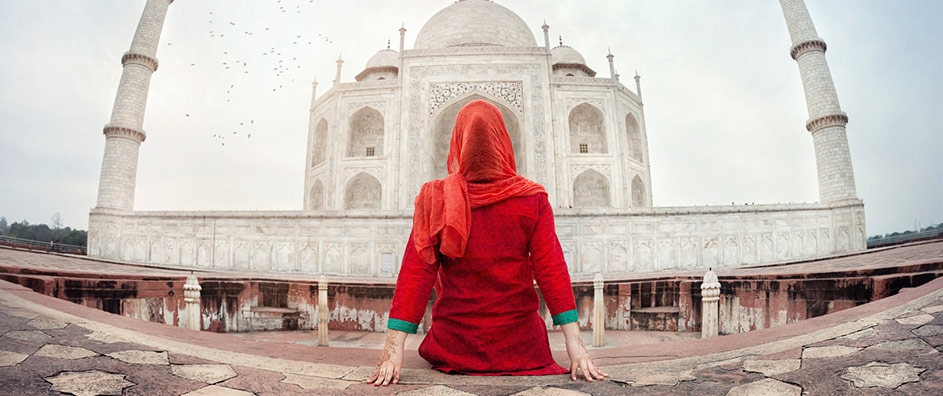

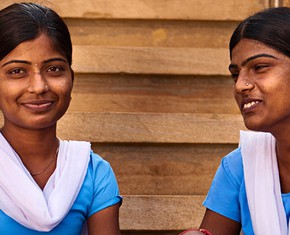
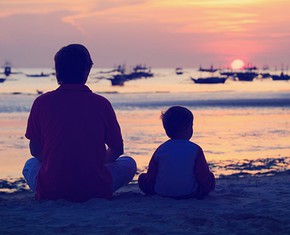


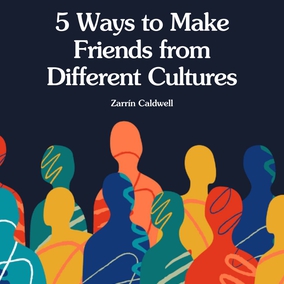
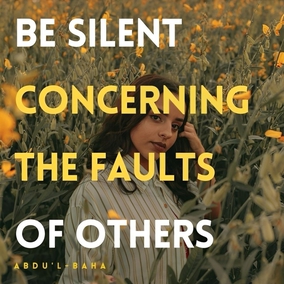






Comments
Sign in or create an account
Continue with Googleor